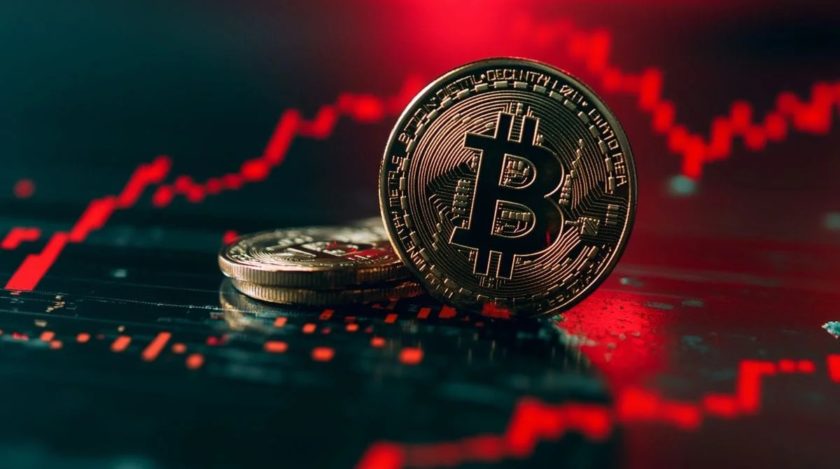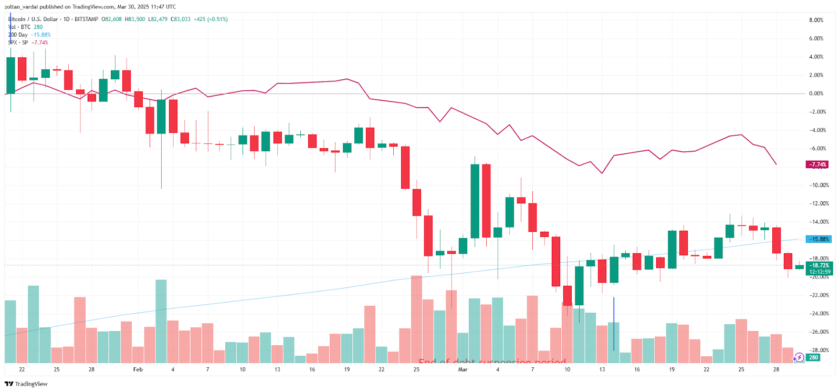The Israeli crypto investor Ron Gross happens to be one of the early users of Bitcoin (BTC)trade. Embracing Bitcoin as early as 2011, Gross has amassed a fortune for himself from the overwhelming rise of Bitcoin over the years. Like every law-abiding citizen, he reports his income and pays his tax accordingly.
That was until late 2017 when banks got scared of the increasing illicit activities emanating from the crypto sphere. To protect themselves, Israeli banks withdrew into their shells, freezing some investors’ accounts and closing down others. Gross explained to his bank and even showed the history of his Bitcoin sales to prove he is free from any illegal connection. Yet to no avail.
Frustrated by the ridiculous stand of his bank, Gross went to other banks to create a new account and keep his cryptocurrency proceeds, which is usually held in Swiss banks after each transaction. Alas, Gross was greeted with the same adamant refusal. This made it impossible for him to send his funds over to a local account, thus rendering him broke without enough cash to pay his taxes.
Of course, failure to pay your taxes attracts some penalties but Gross isn’t to blame in this case. He explained:
“The tax authority is aware of the problem, but they say the ball isn’t in their court. I’ve tried working with almost all the banks, but the minute they hear the word ‘Bitcoin’ they freeze up”
While the Israeli Tax Authority did give him some time to pay up, the debt also accrued some excesses for the delay.
Another Israeli Bitcoin Investor by the name Roy Arav also found himself in a similar case. In fact, he got really pissed and sued his bank. Notwithstanding, court intervention only gave him access to send the funds to a trustee account. AML laws also prevented the bank from allowing him to transfer the cash to his bank account, causing him to also accrue some excesses for the late payment of his taxex. “I paid the money from money that was supposed to go to buying a house,” he lamented.
Confusion in the Israeli Crypto Community
Until now, there are yet no clear measures to tackle this dilemma. The Bank of Israel is yet to intervene. Instead, it maintained that “while cryptocurrencies represented a high risk for abuse it was up to the banks to take precautions and not resort to extreme solutions like closing accounts.”
Judge Linor Bibi from the Tel Aviv District Court also asserted that banks might have reasons to be suspicious about deposits but lack justification for closing accounts. She further added that banks can only close an account if the holder failed to provide information sought by the bank or if the bank had reasonable concerns the account was being used for money laundering or for financing terrorism.
Although the Israeli government never came out to denounce the crypto industry, the lines in the country are yet blurry. Banks, crypto investors, and other users are still confused as to whether or not cryptocurrencies are legal or illegal or anything in between in the country.
To make matters worse, the Israel Money Laundering and Terror Financing Prohibition Authority included digital currencies in its list of major areas involving money laundering. Just last week, the agency issued another warning about electronic wallets.
These fear-inspiring warnings would be just another cautionary measure if there were clear financial regulations in the crypto market. With a government-backed regulatory framework, it only inspires fear among banks and users who are yet to understand this volatile market.
And that is exactly what is playing out in Israeli banks which, for the fear of being charged for aiding illegal activities, have decided to close down crypto investors’ bank account. This goes as far as preventing crypto exchanges from holding their crypto proceeds and holdings in the banks.
Call it ridiculous, but it is their measure of safety against unknown government laws. Who knows when you cross a line when there is no apparent line?
This strict rule put up by banks have caused a huge drama in the Israeli crypto community, especially with crypto investors trapped between the banks and the tax authority.




